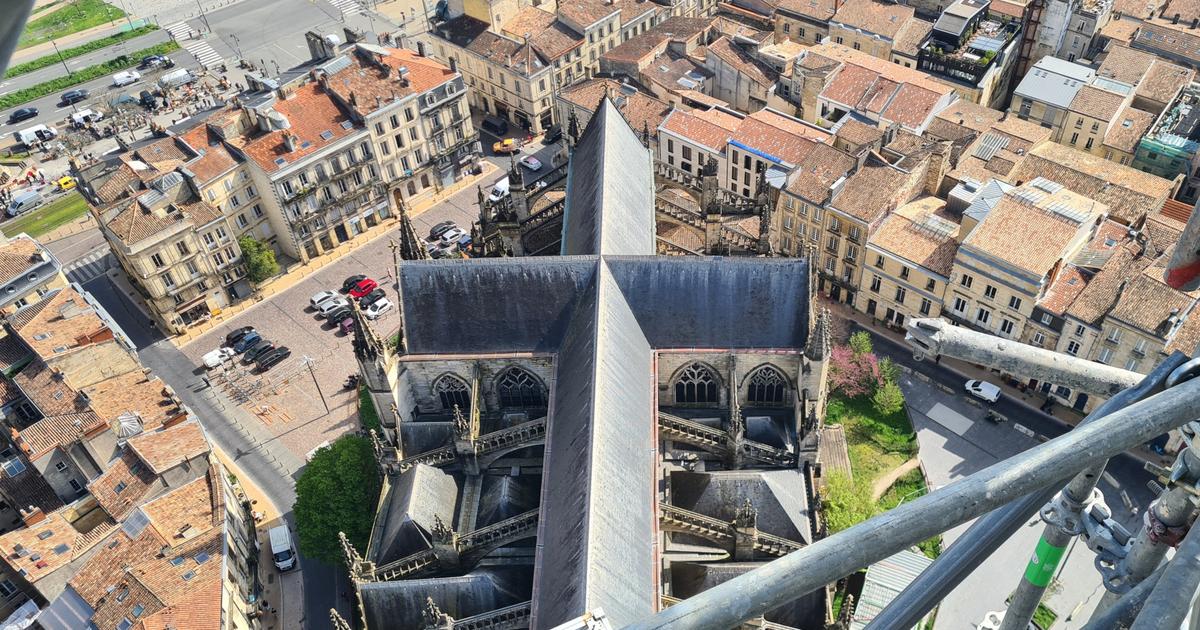A still from the film 'New Order' by Michel Franco.
They say that even bad publicity is better than no publicity, and the saying applies perfectly to Mexican director Michel Franco's latest film,
Nuevo Orden
.
Since Cinépolis published the trailer for the film on Twitter two weeks ago, the film has received more attention in the media and on social networks than any other in the empty rooms due to the pandemic.
With only the two-minute trailer, the film was marked as racist, classist, propagandizing in the eyes of the 'White Mexican' who fears the social movement.
"The trailer doesn't reflect what the movie is about," Franco said in his defense.
"What I say is that they see it and this does not remain only a gossip in networks." The film opens today in theaters.
Franco is somewhat right, the two minutes of the trailer do not reflect the hour and a half of his film, but his phrase is quite condescending.
Producing a trailer is an art -
Stanley Kubrick's
1964 trailer to promote
Dr. Strangelove
is almost as famous as the entire movie.
Making trailers is similar to designing the cover of a novel or writing the perfect title for an article: it is not a summary, but it is the possibility of seducing the public.
Although
New Order
seduced the Venice film festival when it won the Leoncino d'Oro, Franco does not seem ready to receive criticism from the public in his country.
The trailer actually does reflect the first half of the movie quite well.
It starts in a mansion in Mexico City where the wedding of Alan (Darío Yazbek) and his girlfriend Marian (Naian González) will be celebrated.
His guests - mostly rich and white - arrive in huge pickup trucks, drink alcohol, some do drugs, and give the couple envelopes of money.
Marian tells her mother that surely the gift of one of the guests represents "1% of the bites that my father has given."
He still keeps it in a safe, and the party goes on.
They are corrupt, but they are happy.
The turnaround happens when he arrives at the door of the Rolando mansion (Eligio Meléndez), a former worker who urgently needs 200 thousand pesos to take his wife to a private clinic because activists have taken over the public hospital.
The family ignores him but Marian, instead, runs away from the wedding to help him.
In his absence, the protesters take the city and, in addition, the mansion.
Here's really the original sin of the trailer and the movie.
If the rich whites are complex (corrupt like Dad, generous like Marian) to the protesters - who are mostly mixed race or indigenous - Franco does not give them the same gray palette.
They are violent and not much else.
Activists invade the mansion like zombies, steal jewelry and money from the safe, murder guests and burn cars.
But Franco never explains well why they protest.
The director said he was inspired by movements such as the yellow vests in France, the Black Lives Matter movement in the United States, or the 'social outbreak' in Chile.
But its protesters are more like an organized crime gang than those social movements.
Franco seems to want to focus more on the opportunist who broke a glass in the midst of the riot to steal some tennis shoes in a Nike store, than on the millions that have been organized - in demonstrations, in town hall meetings, in matches - to demand a change from the unbearable inequality.
His gaze, in this first half of the film, is more similar to that of Fox News from Black Lives Matter than to that of a director who sat down to understand the complexity of racism.
His social analysis is pandito, but his fascination with violence is immense.
In a couple of spectacular shots from the air, Mexico City is destroyed.
There are burned cars around the Angel of Independence, corpses strewn in the streets and some green graffiti that give us tiny clues of disagreement.
"Rich fucking", "We are 60 million", and the most famous "Not one less". Not one less? If the symbolic green painting - which appears surprisingly in several parts of the film - is an allusion to the green tide feminist who is protesting against machismo throughout Latin America, we have not yet seen the first protest of women promoting a massacre like the
New Order
. Instead, in Mexico more than 35 thousand women were murdered last year. A true slaughter.
So far what can be seen in the trailer.
The second half of the film takes an unexpected turn that deals less with class inequality than with military power in a country like Mexico.
For those who want to avoid a spoiler, stop reading here.
For those who have already decided not to see the movie, go ahead.
The mestizos are not the ones who finally take power.
Rolando, his sick wife and their neighbors live in a poor area of the city and are under a state of siege imposed by an armed group whose boss is not clear.
Marian was kidnapped by the same armed group, but it is not clear who is in charge of her release.
Her family, seeking the help of a general to rescue her, ends up confused when two different groups contact them asking for money in exchange for the 25-year-old.
In the last scenes, behind the kidnappers and extortionists, there is really the power of the high command of the military.
In
Nuevo Orden
there is finally no new order: the corrupt military, even in Franco's dystopia, still have a monopoly on force.
It is the same old order.
New Order
does not come close to the fine class analysis that
Parasite
made
of Bong Joon-ho, because it fails to increasingly develop the unbearable tension between rich and poor to explain a murder.
His scenes of chaos are closer to those seen in
Todd Phillips'
Joker
, but without an actor like Joaquin Phoenix to understand the depth of the madness.
But, although
New Order
is not the best film by Michel Franco, it is a reflection of deep fears in a group of society.
The fear in the upper classes of recognizing themselves as corrupt or cynical in the face of inequality;
the fear that they have that the poorest will try to take control violently;
the fear that discontent will lead to more power for the military boot and not more social justice.
The film will be released just days after the United States ordered the capture in Los Angeles of powerful General Salvador Cienfuegos for his possible alliance with drug trafficking.
To calm the fears in the
New Order, it is
enough to remember that it is not yet the fair and massive protests (for the Tlatlaya massacre, for the disappeared from Ayotzinapa) that have been able to stop the brutal political and military power that terrorizes millions in Mexico.
For now, only the DEA has done it.
It is them, and not social movements, who the power is most afraid of.

/cloudfront-eu-central-1.images.arcpublishing.com/prisa/LSTD722LTZHGZC5UXWOPPUDYCI.jpg)







